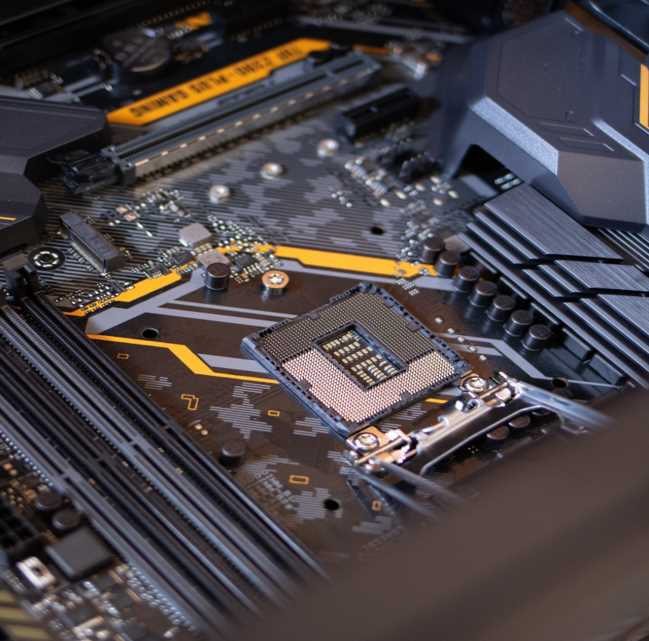DNS stands for Domain Name System. It is responsible for converting domain names into IP addresses. DNS servers are essential for proper function of domains. These servers keep authoritative records and may provide faster resolutions. Listed below are some reasons why you should have a DNS server.
Domain name system (DNS) converts domain names into IP addresses
The Domain Name System (DNS) is a distributed database that translates user-defined domain names into IP addresses. It enables computers, servers, and other devices to communicate with each other via network.
A domain name system enables a domain name to be substituted for an IP address in all IP commands. This database is constantly updated and contains billions of domain names and their corresponding IP addresses.
Domain name system is like the phone book of the internet. Without it, we’d have to use more obscure, esoteric methods to find the information we need. We’d have to sift through dense cities and virtual open plains of data, and that wouldn’t be nearly as much fun. Domain name system is the backbone of the Internet, allowing you to find a specific website or URL.
There are three main types of domain name system records. The first is the A record, which holds the IP address of a domain. IPv4 addresses use the A record format; IPv6 addresses are stored using AAAA records. An average website has one A record, while larger sites may have more than one. Another type of record is the NS record, which directs queries to the authoritative name servers.
The Domain Name System uses multiple servers to translate domain names into IP addresses. Click here for more information about IP addresses. DNS servers operate independently from each other and provide a list of IP addresses for each domain name.
A large company often includes hundreds of small LANs, and a corporate-wide network. Domain name system uses the existing telephone lines and other network infrastructures. If a domain name isn’t available, a call to the IT service desk should resolve it.
A DNS address does not correspond to the physical location of a domain name, but it does relate to the computer connected to the network. A computer with a static IP address is assigned a domain name, and the domain name system assigns the IP address to that particular machine.
This process is called DNS spoofing. These hackers are able to redirect web users to any website they wish, and gain access to their data. This makes it essential for a company to secure the domain name system to prevent these attacks.

DNS servers are required to provide a proper functioning of the domains
The internet is made possible by a network of servers that translate domain names and URLs into machine-readable formats. These servers are known as nameservers, and their job is to provide DNS information to anyone who requests it.
Typically, nameservers are managed by a domain name registrar or a web hosting provider. Nevertheless, each domain must have at least two nameservers. Click the link: https://support.google.com/domains/answer/3290309?hl=en for more information about nameservers from Google. The primary nameserver is the one that receives the domain’s request, while the secondary nameserver is used if the first one does not respond.
DNS servers are necessary for all activities involving the internet. If any of the domain name system servers is performing poorly, it can cause a cascading effect on your internet experience.
If your ISP is using a slow DNS server, your connection will be slowed down, especially when you load pages containing multiple domains. To speed up your browsing experience, switch to a server with a higher level of performance.
A domain name system server is used to resolve names, and it was first used to connect people to various services on the internet. Domain name system servers are required to provide a reliable service to make websites accessible to everyone. Domain name system servers can be functional, relational, or both, and play a vital role in making entire networks and services accessible.
Most domain name system servers have redundancy built into their configuration. If one fails, the second server will take over, and read the zone file.
A DNS server may perform weak validation on responses. To resolve a domain, it must have the correct transaction ID, which is 16 bits long. It can also accept multiple responses simultaneously, which allows an attacker to guess the transaction ID by attempting to determine the IP addresses that resolve to the same host.
This is similar to a brute-force attack against a password. This can also be used to attack a DNS server. This is why it is important to use a high-quality resource like a Cox DNS server to help provide ultimate security. Without it, you may lose customers after a data breach.
DNS servers can play many roles. The authoritative nameservers maintain the database of the domains. In short, authoritative nameservers have an index of all domain names, akin to a phone book, which includes the IP address and subdomains.
They are the authoritative servers that answer queries. If one fails to find an authoritative nameserver, it must “recurse” through the domain name system tree until it finds the nameserver that is responsible for the request.
DNS servers may provide faster domain name system resolves
Several types of domain name system servers may provide faster domain name system resolves. Domain name system recursive servers cache and handle queries before sending them to an external server.
They are used to resolve domain name system queries from applications, such as browsers. Recursive servers send domain name system queries to the first level of the network tree and then access a cached name server for the next level of resolution. However, caching domain name system servers may not provide faster resolves if they are not designed for such use cases.
A caching domain name system server is a type of server that stores recent data and enables it to answer queries more quickly. These servers are also called forwarding domain name system servers. They may provide faster resolves if the caching process is enabled for your application.



